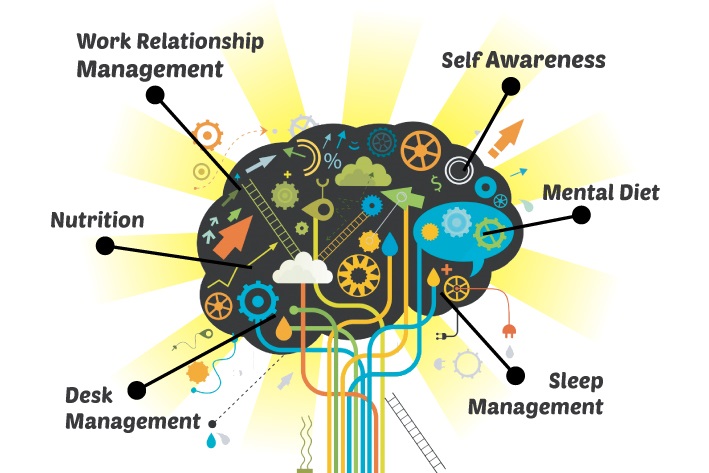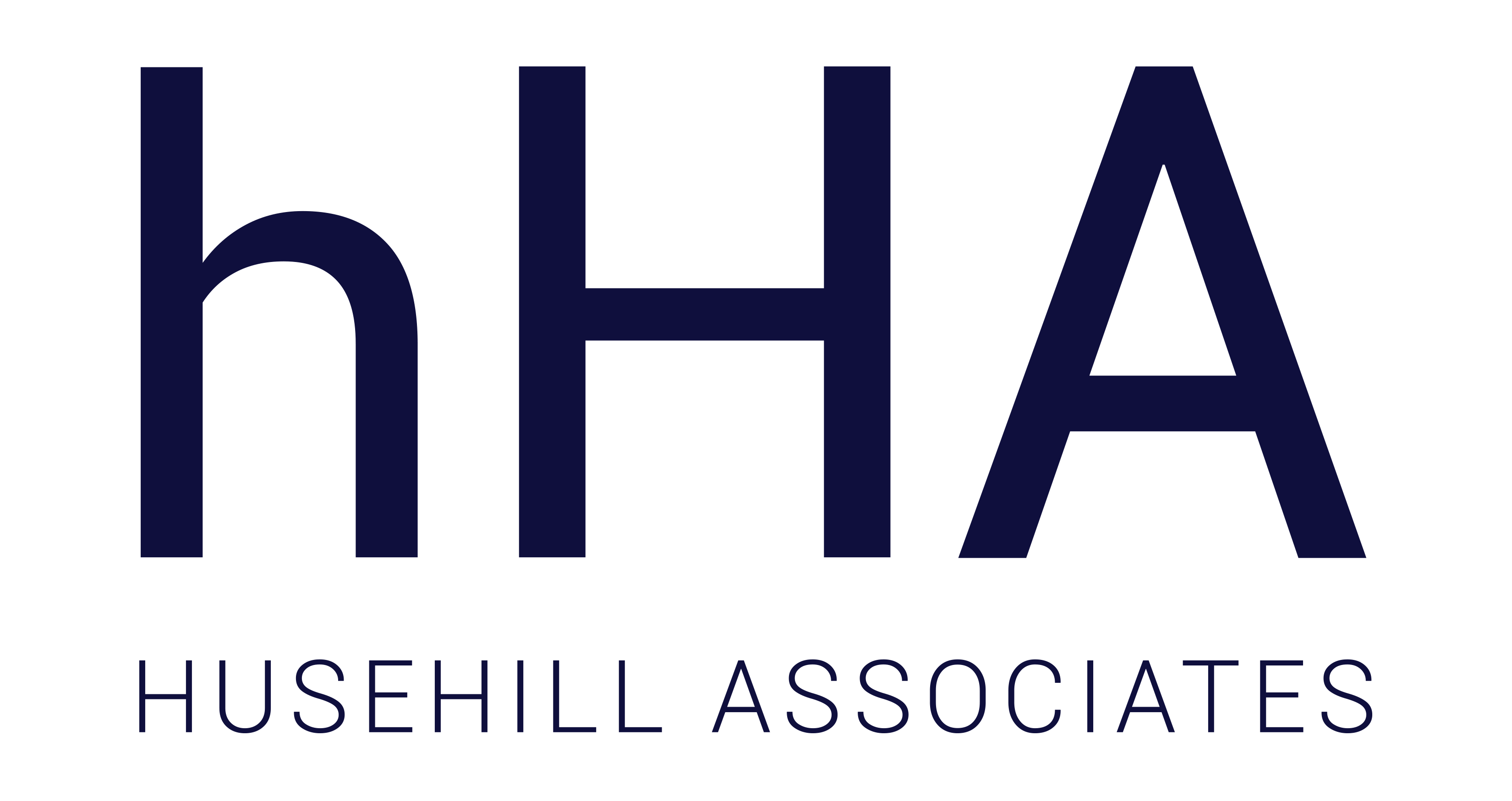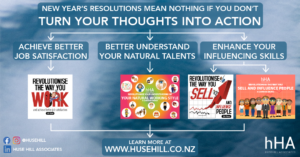Post Statistics
This post has 730 words.
This post has 4401 characters.
This post will take about 3 minute(s) to read.

I was in Australia last year running some training programmes, and while I was there I heard from a manager about a meeting in the corporate Head Office of Senior Management of HR and LMD where the topic of discussion was staff wellness. This focus was on staff physical health as well as their mental health. The discussion went to diet/nutrition and exercise, with the conclusion reached that offering staff free gym memberships would be the fix-all to the problem.
I sighed and thought “I should speak up about this.”
Later on, I went to Perth to attend a talk with the GM of HR and Safety and Compliance in Australia mining who said that over the last 200 days, they had 0 workplace incidents. This meant that they were on top of managing reduction of lost time due to injuries.
However, in that last 200 days, they had lost 3 work people to suicide. It is said that more people die in Australia to suicide than car accidents.
And then I knew “I need to speak up about this.”
We can say that we almost have Health and Safety requirements fixed in Australasia. The physical tasks that take place in a variety of workplace environments have been studied and measured, honed and tested, and with all the work put into it, the statistics speak for themselves.
But what about the mental stresses of work? Overwork, stress over pay, frustration with unfulfilled ambition, lack of guidance, time running away from you and general dissatisfaction with the status of your job. These factors, if left undealt with, can grow over time and can preoccupy your mind at work and into your mind at rest.
In terms of measurable and tangible results, while it’s by no means perfect, Health and Safety measures have effectively brought workplace accidents and mishaps to an all-time low.
If we can do that for our physical well-being, why can’t we do that for our mental well-being?
What measures can we take to enhance the mental well-being of workers?
For the last 30 years I’ve helped people gain job satisfaction and manage their desk stress. That starts with the understanding of an organisation’s key outcomes. Once you have understood that, you can link your actions and activities to those outcomes through which you learn to prioritise. Hence, you’re able to manage your workload well.
After you determine your Natural Working Style, you can use this to examine where your job satisfaction/dissatisfaction comes from, so you can understand how to create a better job satisfaction.
When you take your job satisfaction home, you end up with a better work life balance which flows into better restorative sleep which sets you up to be able to manage the next working day better. This continues in a cycle where one effective day at work helps prepare for a good night’s rest which leads to another good day at work and so on and so on.
This has proven to be incredibly rewarding in terms of helping people across a range of careers and tasks. Helping people find their own job satisfaction where they can have a better work life balance and helping people find worth and dignity in the tasks they perform. Once you realise that work can mean more than just a ticket to clip at the end of the day, then you gain a sense of fulfilment in your working life.
Conversely, working against your strengths and focusing on tasks that are outside your Natural Working Style can be detrimental to your job performance, and more importantly your job satisfaction.
There are many other factors we can look at: work relationship management, self-awareness, nutrition, mental diet, desk management and sleep management. All of which contribute positively and negatively.
While physical health is important, the challenges of working life have their own set of needs and ways to manage them. It is important that we pay just as much attention and focus on how someone mentally manages their job performance.
If we can manage and bring down the number workplace accidents and incidents, then it’s just as important to put our focus on how we can mentally manage our job performance.
Check out our Bookstore for the latest edition of Revolutionise The Way You Work Using Microsoft Outlook, 2016 version.
Available in both hardcopy and ebook format.



